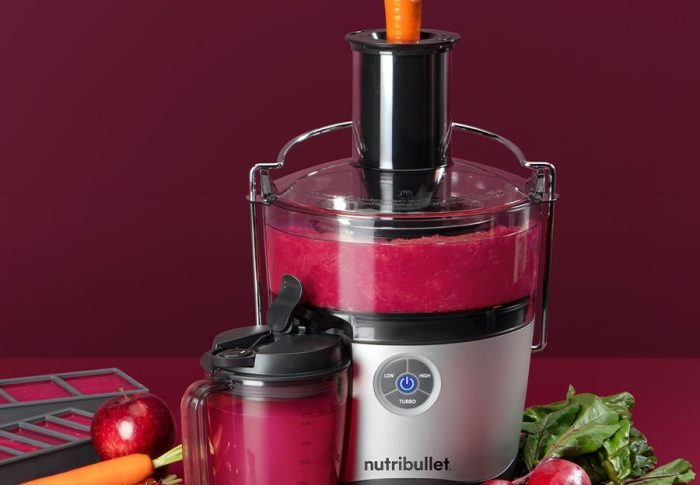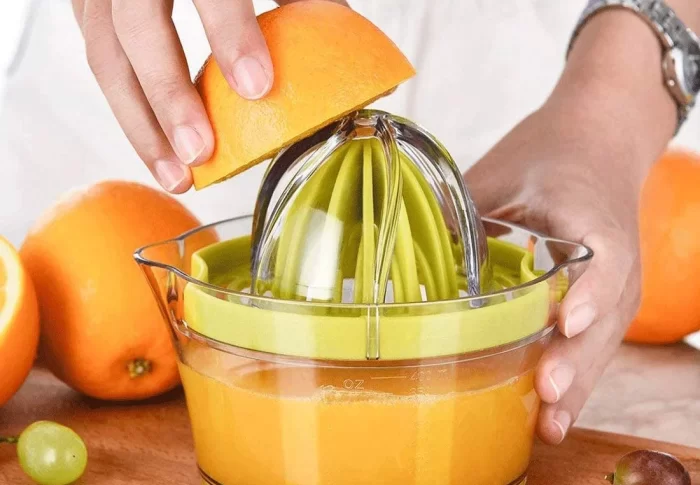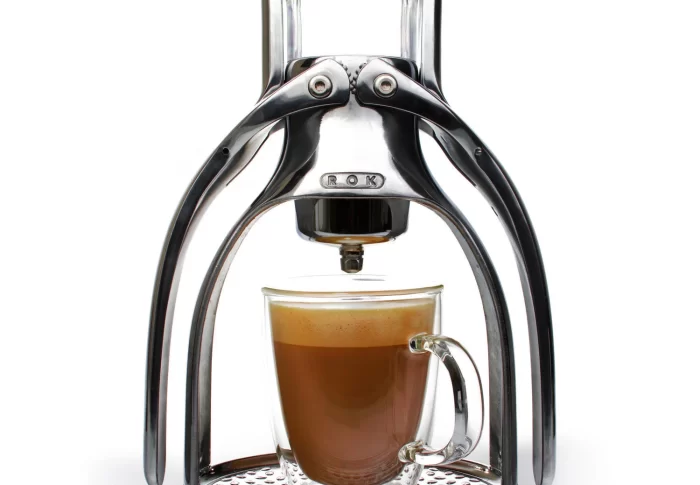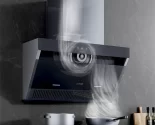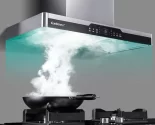
How often should Rangehood filters be cleaned?
Introduction
Regular cleaning of rangehood filters is crucial for maintaining optimal performance and a clean kitchen environment. As rangehood filters capture grease, smoke, and airborne particles during cooking, they can become clogged over time, compromising their effectiveness and causing unpleasant odors. The frequency of filter cleaning depends on various factors, such as cooking habits and the type of rangehood filters in use. In this guide, we will provide specific guidelines for cleaning rangehood filters effectively and efficiently. From monitoring grease accumulation to considering cooking frequency, we will discuss key considerations to help determine the appropriate cleaning frequency for your rangehood filters.
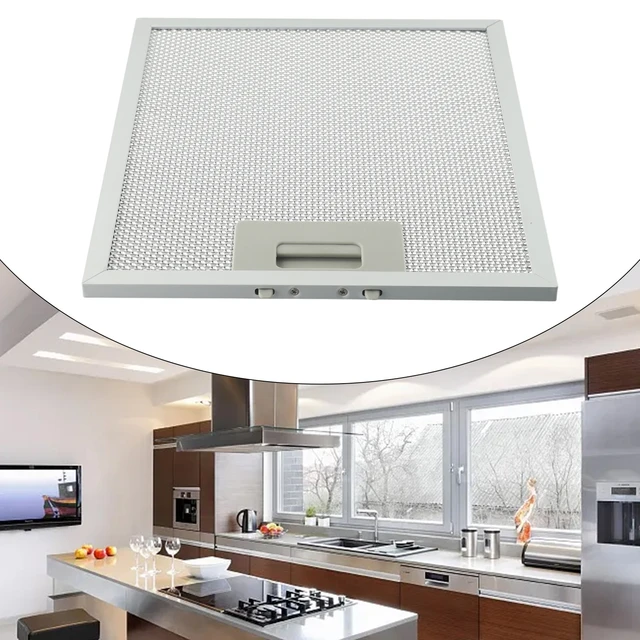
How often should Rangehood filters be cleaned?
Types of Rangehood Filters
1.1. Mesh Filters
Mesh filters, also known as aluminum or grease filters, are commonly found in rangehoods. These filters feature a mesh-like design that captures grease particles and other airborne contaminants. Proper cleaning of mesh filters is essential to maintain optimal performance and prevent grease build-up.
1.2. Baffle Filters
Baffle filters are designed with multiple panels that help trap and separate grease from the air. The unique design of baffle filters makes them more effective in capturing grease and other particles. Regular cleaning is necessary to ensure these filters maintain their efficiency.
1.3. Charcoal Filters
Charcoal filters, also known as carbon filters, are specialized filters that contain activated charcoal to help neutralize odors. Unlike mesh or baffle filters, charcoal filters are generally not washable or reusable and require replacement. Monitoring the condition of charcoal filters is important to ensure their effectiveness.
Grease Accumulation Monitoring
2.1. Visual Inspection
An essential step in determining the frequency of rangehood filter cleaning is to visually inspect the filters regularly. Check for visible accumulation of grease, dust, and debris on the filters. If the filters appear visibly dirty or if grease is noticeable, cleaning is likely necessary.
2.2. Cooking Frequency
Consider your cooking frequency when assessing grease accumulation on the rangehood filters. Individuals who cook frequently or use high-fat cooking methods may find that filters accumulate grease more quickly than those who cook infrequently.
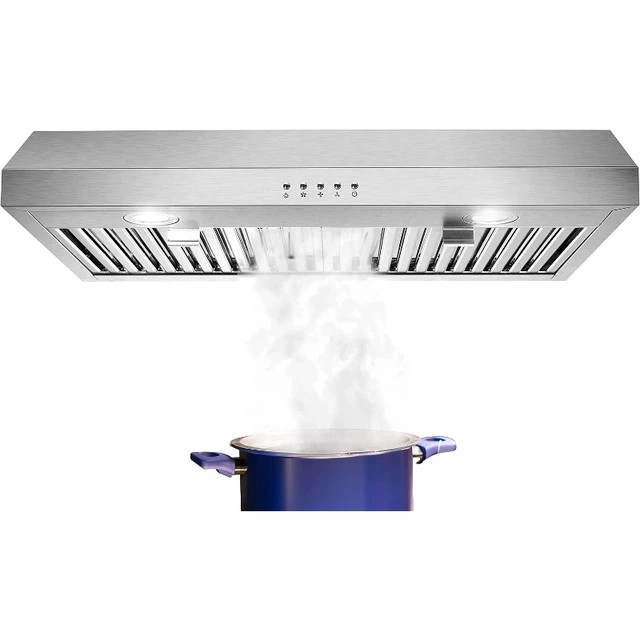
Cleaning Frequency Guidelines
3.1. Mesh Filters
For mesh filters, a general guideline is to clean them every 1-3 months, depending on cooking frequency and visible grease accumulation. Frequent cooking and heavy grease release may require more frequent cleaning. On the other hand, if you rarely cook or use minimal oils, you may be able to clean the mesh filters less often.
3.2. Baffle Filters
Baffle filters are typically more effective at capturing grease and require less frequent cleaning compared to mesh filters. Cleaning baffle filters every 3-6 months is generally recommended. However, individual cooking habits, visible grease accumulation, and manufacturer’s guidelines should be considered for a more accurate cleaning frequency assessment.
Proper Cleaning Techniques
4.1. Pre-rinsing
Before cleaning rangehood filters, it is beneficial to pre-rinse them under hot water. This step helps remove loose debris and surface grease, making the subsequent cleaning process more efficient.
4.2. Soaking Method
Consider using a soaking method for heavily soiled filters or smaller filters that can fit into a sink or basin. Fill a sink or basin with warm water and add a few drops of dish soap or a quarter cup of vinegar. Submerge the filters and allow them to soak for 15-30 minutes to loosen grease and grime.
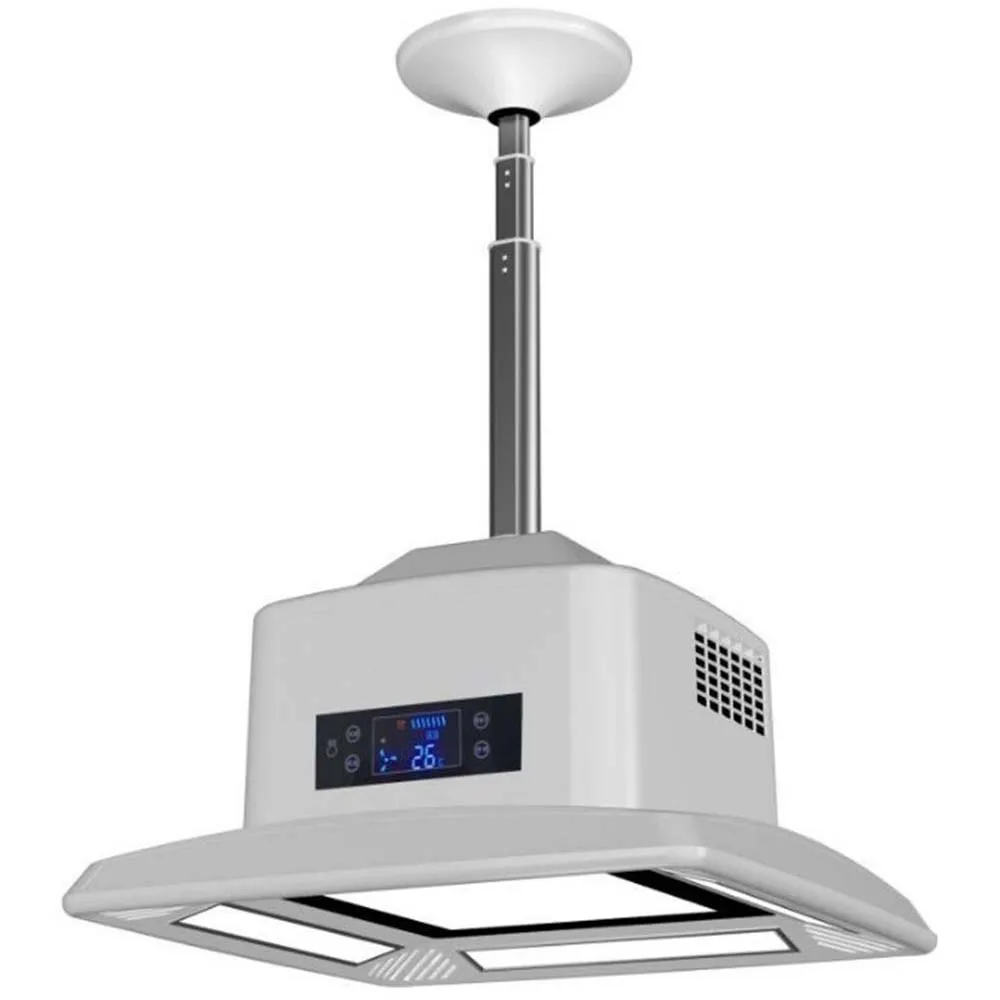
4.3. Scrubbing Technique
Use a non-abrasive scrub brush or sponge to gently scrub the filters, focusing on areas with stubborn grease build-up. Nylon bristle brushes or soft-bristle toothbrushes work well for dislodging grease and dirt without damaging the filters’ surfaces. Scrub in circular motions for thorough cleaning.
4.4. Cleaning Charcoal Filters
Charcoal filters are typically not washable and require replacement. Follow the manufacturer’s guidelines regarding replacement frequency. Replacing charcoal filters every 6-12 months, depending on usage and filter lifespan, ensures optimal odor reduction and effectiveness.
Additional Factors to Consider
5.1. Cooking Styles and Methods
Consider your cooking styles and methods when determining the frequency of rangehood filter cleaning. Certain cooking methods, such as frying or grilling, tend to release more grease and particles into the air, requiring more frequent filter cleaning. The height of the range hood also affects the kitchen environment.
5.2. Monitoring Odors
Frequent cooking and the accumulation of grease and particles on rangehood filters can lead to unpleasant odors in the kitchen. If you notice persistent odors or a decrease in the effectiveness of odor reduction, it may indicate that filter cleaning is necessary.
Routine Maintenance and Prevention
6.1. Grease Management
Implementing preventive measures, such as using splatter screens or lids while cooking, can help reduce the accumulation of grease on rangehood filters. Minimizing grease splatter on the filters helps prolong their cleanliness and efficiency.
6.2. Regular Exterior Cleaning
In addition to cleaning filters, regularly clean the exterior surfaces of the rangehood to remove grease and grime. Wipe down the surface with a non-abrasive cloth or sponge and mild soapy water. Rinse well and dry to maintain a clean appearance.
6.3. Fan Maintenance
Occasionally check and clean the fan blades of your rangehood according to the manufacturer’s instructions. And check the installation of the rangehood regularly. Dust and grease can accumulate on the fan blades, reducing the fan’s efficiency. Refer to the manufacturer’s guidelines for proper cleaning techniques and frequency.
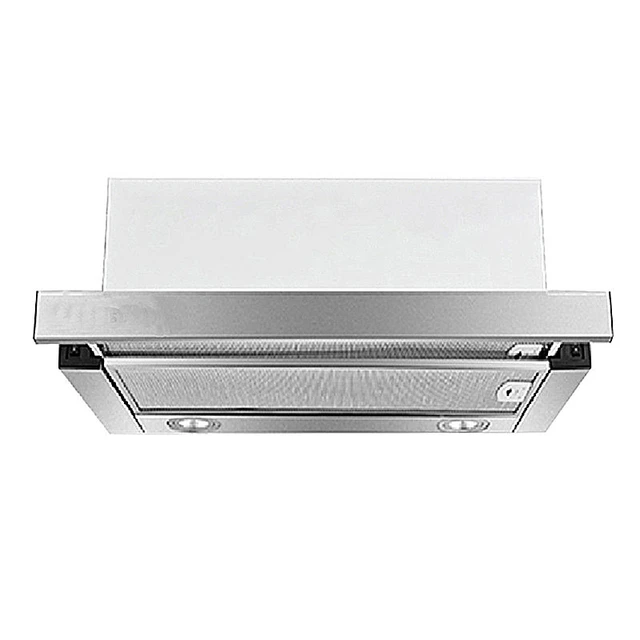
Extenuating Circumstances and Prompt Cleaning
7.1. High-Fat Cooking
If you frequently engage in high-fat cooking methods, such as deep-frying or pan-frying, it is important to clean the rangehood filters more frequently. Grease particles released during these cooking methods tend to accumulate on filters faster and can hinder their performance.
7.2. Kitchen Environment
Factors such as the size of your kitchen, ventilation quality, and air circulation may affect the frequency of rangehood filter cleaning. In environments where there is excessive grease, smoke, or particles present, more frequent cleaning may be required to maintain optimal filter performance.
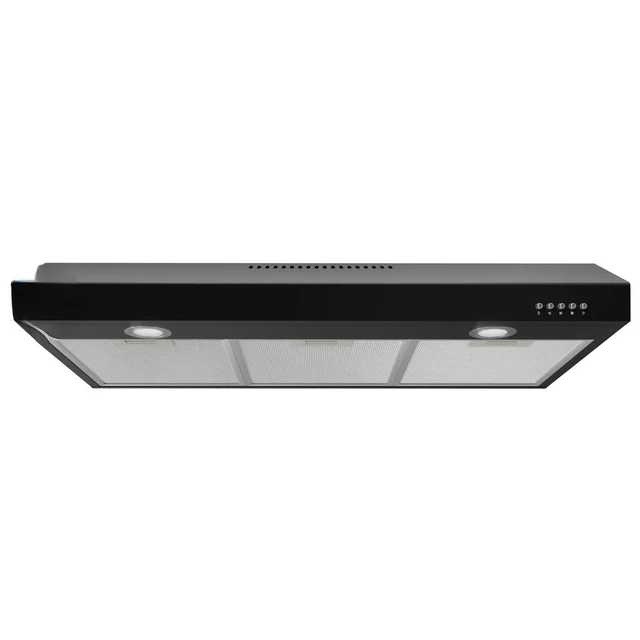
Conclusion
Cleaning rangehood filters is essential for maintaining optimal performance and air quality in your kitchen. By visually inspecting the filters, considering your cooking frequency and styles, and following recommended cleaning guidelines, you can determine the appropriate cleaning frequency for your rangehood filters.
Regular cleaning of mesh and baffle filters every 1-3 months and charcoal filter replacement every 6-12 months ensures efficient grease capture and odor reduction. Proper cleaning techniques and routine maintenance, along with preventive measures, help prolong the lifespan and efficiency of your rangehood filters.
Always refer to the manufacturer’s instructions for specific cleaning recommendations and safety precautions. By adhering to these guidelines and incorporating regular rangehood filter cleaning into your kitchen maintenance routine, you can enjoy a clean, efficient, and pleasant cooking environment.


